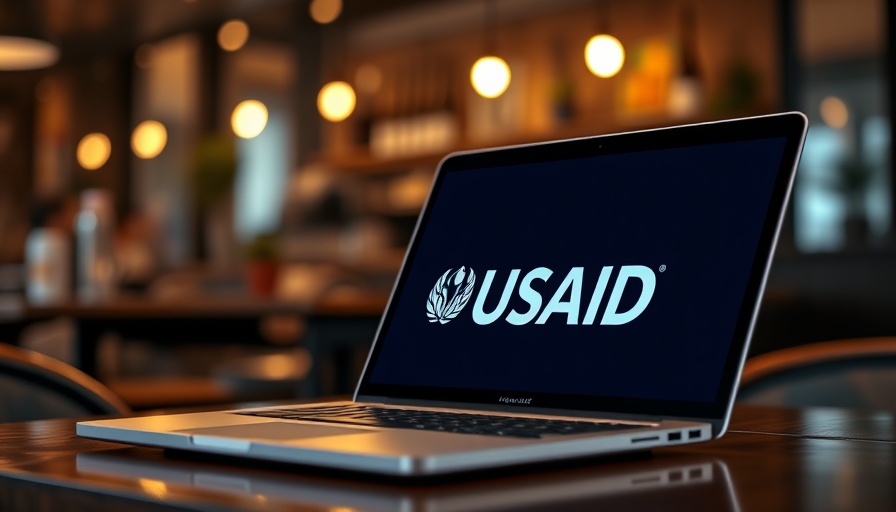
India's Call for Accountability: A Necessary Step?
In a significant diplomatic move, India has formally demanded a comprehensive audit of USAID-funded projects within its borders, reflecting growing concerns over foreign interference and accountability in international aid. This demand, driven by allegations of election meddling and financial mismanagement, underscores a pivotal moment in U.S.-Indian relations, particularly in the context of election integrity and sovereignty.
A Decade of Scrutiny: What’s at Stake?
The Indian Ministry of External Affairs is seeking detailed expenditure reports for USAID initiatives over the past decade. This unprecedented step highlights the complexities of foreign aid, raising questions about transparency in how aid dollars are spent. As U.S. funding has often been critiqued for political motives, India's request serves as a reminder that recipient nations are increasingly vigilant about the implications of aid on their democratic processes.
Voter Turnout Initiatives: A Controversial Investment?
Recent revelations link around $21 million in USAID spending to efforts focused ostensibly on increasing voter turnout. This has sparked controversy, especially after social media entrepreneur Elon Musk drew attention to these expenditures. Critics argue that such funding can undermine the democratic principles it purports to support, further complicating the narrative surrounding foreign aid in democratic elections.
The Broader Implications: A Shift in Global Dynamics
As nations like India seek accountability from foreign aid agencies, this could signify a shift in global dynamics where recipient countries assert greater control over how aid is administered. The increasing push for transparency not only underscores a growing skepticism among governments but also reflects a broader call for ethical governance in international financial practices.
What This Means for Future U.S.-India Relations
The fallout from these developments could lead to a reevaluation of aid strategies by the U.S government and a closer examination of how such policies align with the principles of respect and sovereignty. As India takes a firmer stance on aid-related issues, it may spur other nations to follow suit, advocating for their rights to scrutinize foreign influence in their domestic affairs.
As conversations around foreign aid continue, understanding these dynamics will be crucial for both policymakers and citizens alike. The push for accountability is not just a question of finance; it is intrinsically tied to national integrity and democratic values.
 Add Row
Add Row  Add
Add 




 Add Row
Add Row  Add
Add 



Write A Comment